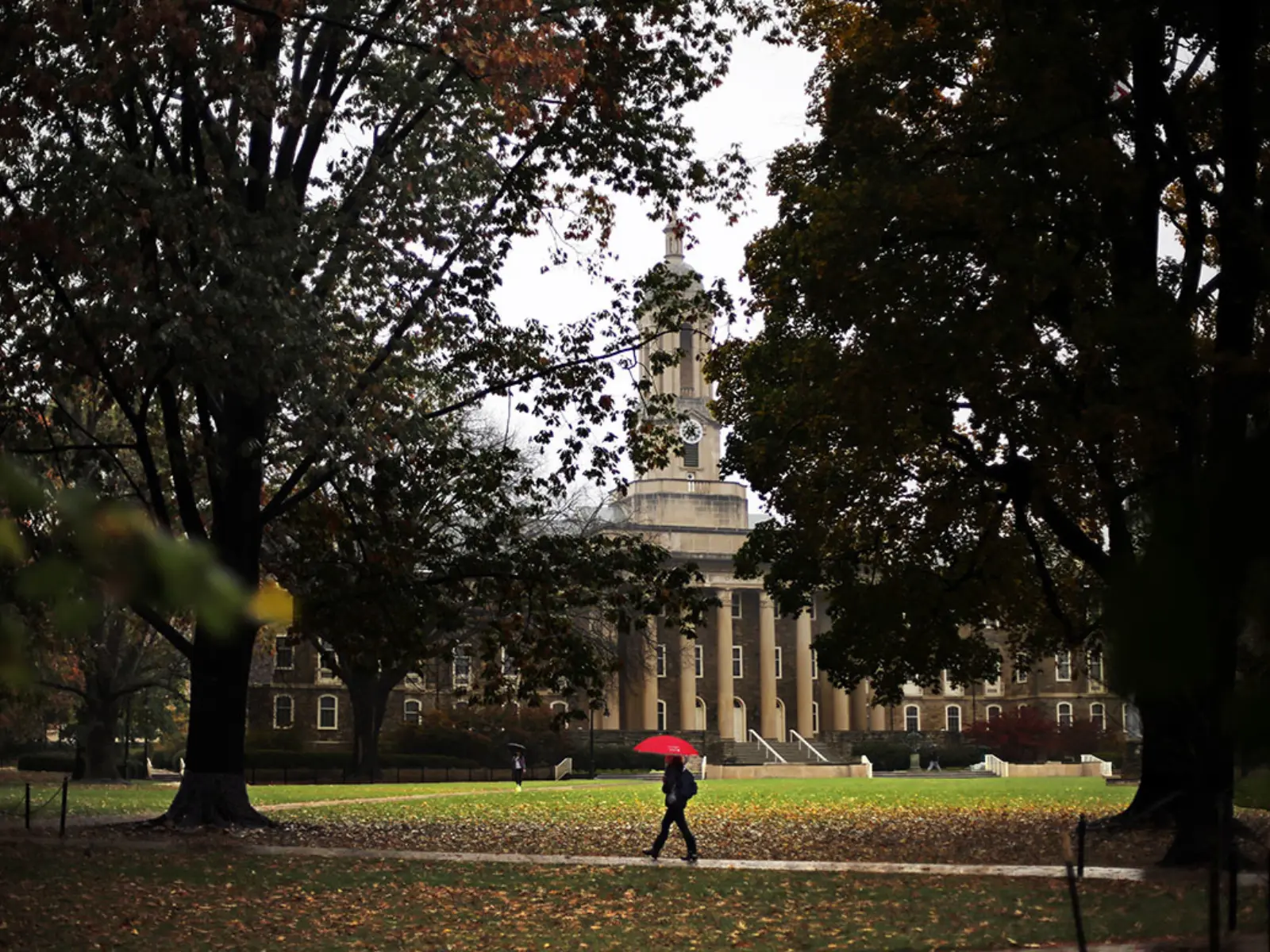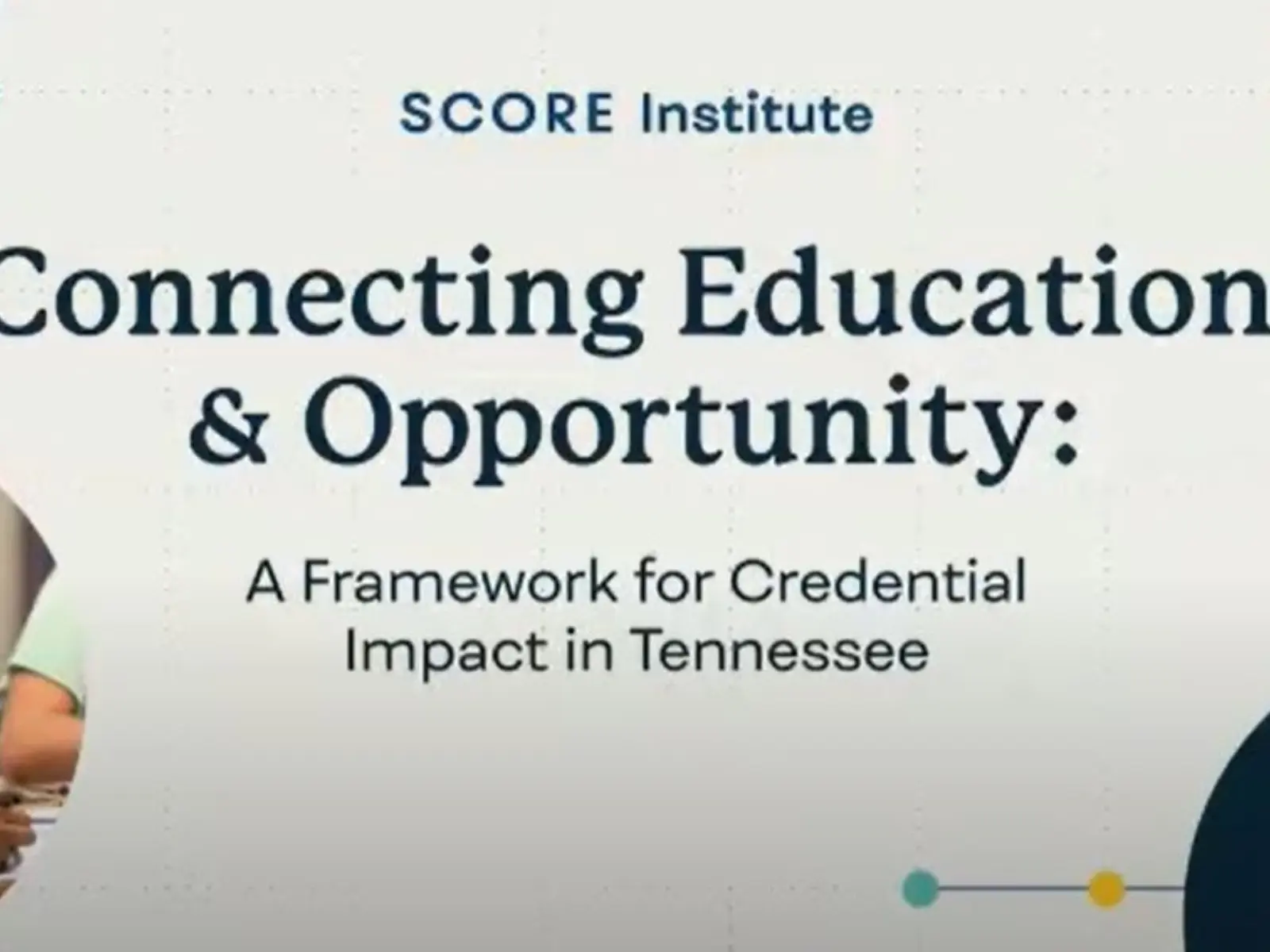Colleges and universities across the country regularly rely on outside vendors to help provide student services. There are dining halls managed by Marriott, bookstores run by Barnes and Noble, and landscaping work may be performed by a litany of outside contractors.
But what happens when campuses hire contractors to provide services that are core educational responsibilities of an institution? Sometimes schools hire third-party vendors to help teach students, craft curricula, or support students navigating the financial aid process. Because these non-staff contractors are involved with the core services of the school, they are considered by the federal government to be third-party servicers and are bound by the federal financial aid responsibilities the school has to the U.S. Department of Education.
These responsibilities were first established in 1992, when Congress created a third-party servicer oversight framework. As part of that oversight, the U.S. Department of Education set up regulations that defined a third-party servicer as an individual, state, or private for-profit or nonprofit organization that enters into a contract with an institution to administer “any aspect of the institution’s participation in a Title IV, HEA [Higher Education Act] program.” Third-party servicers are required to submit an annual audit to the Education Department.
These longtime requirements have gained newfound attention as schools and programs continue to expand their network of third-party servicers, including contracting with online program management companies (OPMs) to facilitate student recruitment into online programs, help develop online learning platforms and curricula, and provide other technology services.
We urge the Department of Education to maintain strong requirements for third-party servicers in order to ensure adequate accountability for schools’ use of Title IV funds. We’ve also provided some suggestions for how to tailor the requirements — for instance, by exempting servicers that are exclusively offering basic needs services, and by excluding student success programs that are offered without compensation by the institution. And we hope the Department will move forward soon with a revised notice.
Read Arnold Ventures’ formal comments here.











